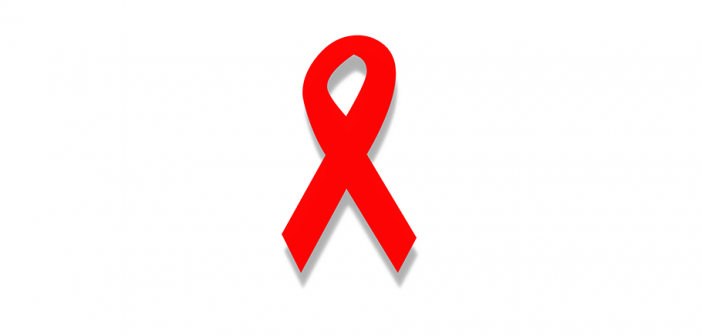In 2019, our opportunity to end HIV, once and for all, has never been closer.
“Ending the HIV Epidemic: A Plan for America,” a presidential initiative, was announced in the January 2019 State of the Union address. And on April 3, Dr. Robert R. Redfield, director of the Center for Disease Control and Prevention, visited Baltimore on his tour of U.S. cities with high rates of HIV, meeting with on-the-ground experts who can share ideas on how to tackle the problem.
Our very own REACH Initiative, led by Jason E. Farley, PhD, MPH, ANP-BC, FAAN, AACRN, was invited to attend the group discussion on the successes and challenges of addressing HIV in Baltimore, and share ideas on how to spend the Ending the Epidemic funds. Here’s how Dr. Farley weighed in.
What are some of REACH’s success stories regarding HIV in Baltimore?
REACH trains Ryan White Service Providers, who have achieved excellent viral suppression among patients engaged in care. We are also highly involved in the community – engaging with more than 8,000 Marylanders since our center started. We are considering ways to foster more creative solutions to outreach, and in particular, furthering use of PrEPme, a smartphone application I developed to improve community outreach and increase PrEP linkage to care. Learn more at www.prepmaryland.org.
What are some challenges REACH faces in addressing HIV in Baltimore?
Some challenges REACH encounters in Baltimore include slow adoption of PrEP for HIV prevention, particularly among priority populations. We also see a host of social and behavioral challenges (like substance use, mental health, homelessness, unemployment, and transportation issues), and these directly impact viral suppression.
How would you recommend Ending the Epidemic funds are spent in Baltimore?
Under the “Protect” umbrella: Invest in differentiated models of care for HIV treatment and prevention, such as telemedicine programs and expand comprehensive sexual health services and the delivery methods they are offered in.
Under the “Respond” umbrella: Invest in real-time viral suppression surveillance data at a clinic level to create improved, targeted strategies for high transmission areas.
Under the “Treat” umbrella: HIV management should be better integrated into primary care, and we should expand differentiated models of care for HIV treatment.
“As researchers, and nurses, we get to see some of the best and worst times in people’s lives,” Dr. Farley said. “This session was an incredible opportunity to show Dr. Redfield how the hands-on, nurse-led work that REACH does in Baltimore can work in communities across the U.S. We can end the HIV epidemic.”
“We have an unprecedented, once-in-a-generation opportunity to #EndHIVEpidemic in Maryland and across the U.S. by working with state and local health departments, and most importantly the community,” tweeted Dr. Redfield.
“Ending the HIV Epidemic: A Plan for America” aims to reduce new HIV infections by 75 percent in the next five years and by 90 percent in the next ten years.
REACH was invited to the discussion by the Maryland Department of Health and the Baltimore City Health Department. REACH stands for Research, Education, Advocacy, Community Health; it leads evidence-based prevention, care, and support for persons at risk or living with HIV and associated co-morbidities through the provision of technical assistance, skills building training, along with implementation science and clinical trials.

Read more:
- Rising Hopkins Nurses Are Shaping the Next Generation of HIV/AIDS Research
- The Reach of Nursing: HIV
- Black. Baltimore. HIV.
HIV Research and Education:
- Post-Baccalaureate HIV Primary Care Certificate
- Diagnosis, Care, and Management of Persons with HIV/AIDS
- Johns Hopkins University Center for AIDS Research

ABOUT THE AUTHOR: SYDNEE LOGAN
Sydnee Logan is the Social Media and Digital Content Coordinator for Johns Hopkins School of Nursing. She shares what’s going on here with the world.

